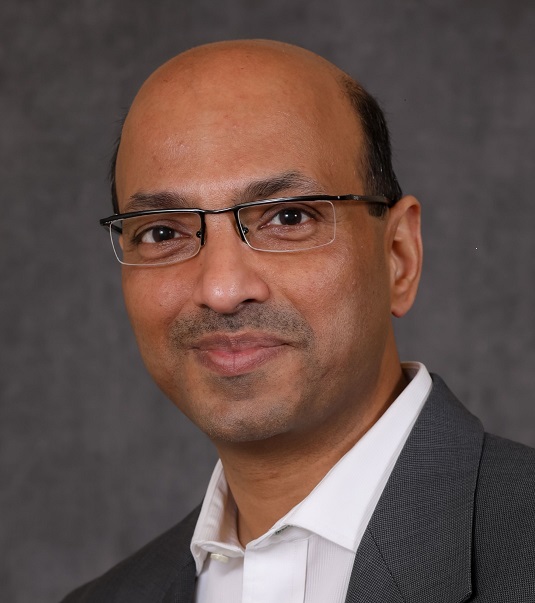For many companies, the fundamentals of production don’t change over the years. While new products and formulations are developed all the time, and automation accelerates production, the basics of production stay the same.
American candy bars have been around for more than 60 years. There’s little room left to optimize industry processes like panning and enrobing. So the challenge now is to innovate. In a world where the top five global companies control 60% of the market, smaller manufacturers need to reinvent themselves to become smarter about what they produce, how they market it, and how they deliver value.
Consider Warrell, a leading contract and private-label candy manufacturer for North America. From the start, Warrell differentiated itself from major candy factories like Mars, Hershey, and Nestle by servicing souvenir and gift shops. Over time, the manufacturer has developed creative ways to market their candy to set themselves apart. One technique is concept selling, where different types of candies are combined in a display and the display is sold as a unit into a store. This changed the business from selling one SKU at a time to selling an entire program.
Today, Warrell has shifted from distribution to a contract manufacturer, making candies for others to sell under their own brand label. To thrive in this competitive and custom environment, they need a technological edge.
The Importance of Data
When you sell a commodity like candy, you need to be agile enough to meet market needs, but you also have to be smart about identifying these needs accurately and producing exactly what is needed.
Producing what was made last year is like operating blindly. Competitors are cutting into your market as you cut into theirs. Demands and trends shift. Part of Warrell’s success arises from its ability to track and analyze demand. Instead of scheduling production based on aggregate numbers across the country, Warrell understands demand down to the individual store. With this data, Warrell is able to forecast customer traffic, track local taste patterns, predict seasonal demand, and create an effective planogram program for each store. These forecasts drive inventory and production schedules. They also minimize losses.
Competition in the candy market is so tough that companies can’t survive without this level of planning and marketing. And this makes a company’s data essential.
Data Protection
Many companies try to get the most out of their IT infrastructure by running legacy systems for as long as possible. But there comes a point when aging infrastructure begins to create more headaches than it solves. Data flows through every level of a company. And when the flow of data becomes complicated and unreliable, there’s a difficult truth these companies have to accept: their network is holding them back.
Warrell has long understood the value of protecting their data. Any number of threats, from data corruption to cyberattacks, can result in expensive downtime. When Warrell reviewed their ability to recover from data loss, they discovered just how vulnerable they were.
Their biggest issue was inconsistency of backups. Backups took 12 to 14 hours to complete and many times were unsuccessful or not valid. Additionally, they discovered that not all servers were on the backup schedule and perhaps only 25% of their critical data was being backed up.
The turning point came when Warrell reviewed their ability to recover from a disaster. For many of the scenarios played out, the company simply could not recover. Yes, they could get production up and running but they wouldn’t know what to do with the candy as it came off the line. The network was outdated and did not have sufficient support. Their safety net was at best an illusion.
Innovation Through Data
Manufacturers are in the business of making and selling products, not building out IT infrastructure. They don’t want to have to worry about the reliability of data; they want to focus on new ways of leveraging it.
For Warrell, a Dell EMC PowerProtect DP series appliances brought in all of the data protection they needed with backup and recovery tools already in place. The appliance works with the tools Warrell was already using so they didn’t have to change how they do business. In addition, deployment and management were simplified because all of the components are managed from a single interface.
The numbers are impressive. Backups are now reliable, take two hours to complete, have 100% data coverage, and can be run at any time without negatively impacting critical production workloads. Deduplication has reduced storage requirements by 120X, server storage speed has increased by 466%, and the physical server footprint is 60% smaller.
But what’s most important for Warrell is peace of mind and confidence in their network. It runs itself and requires zero interaction from the people using it.
With the new system in place, Warrell can focus on innovation and new ways of leveraging all of the data they continue to collect. And they are now able to surpass what they could do with a legacy network. Many of the machines in the factory are IoT-enabled. It is now possible to collect and correlate all of this new data to learn from the past. Now when R&D develops a new candy center or coating, they can mine the available data to determine the best machines to run tests and production on, maximizing success.
And that’s how to thrive in the business of commodity manufacturing.
